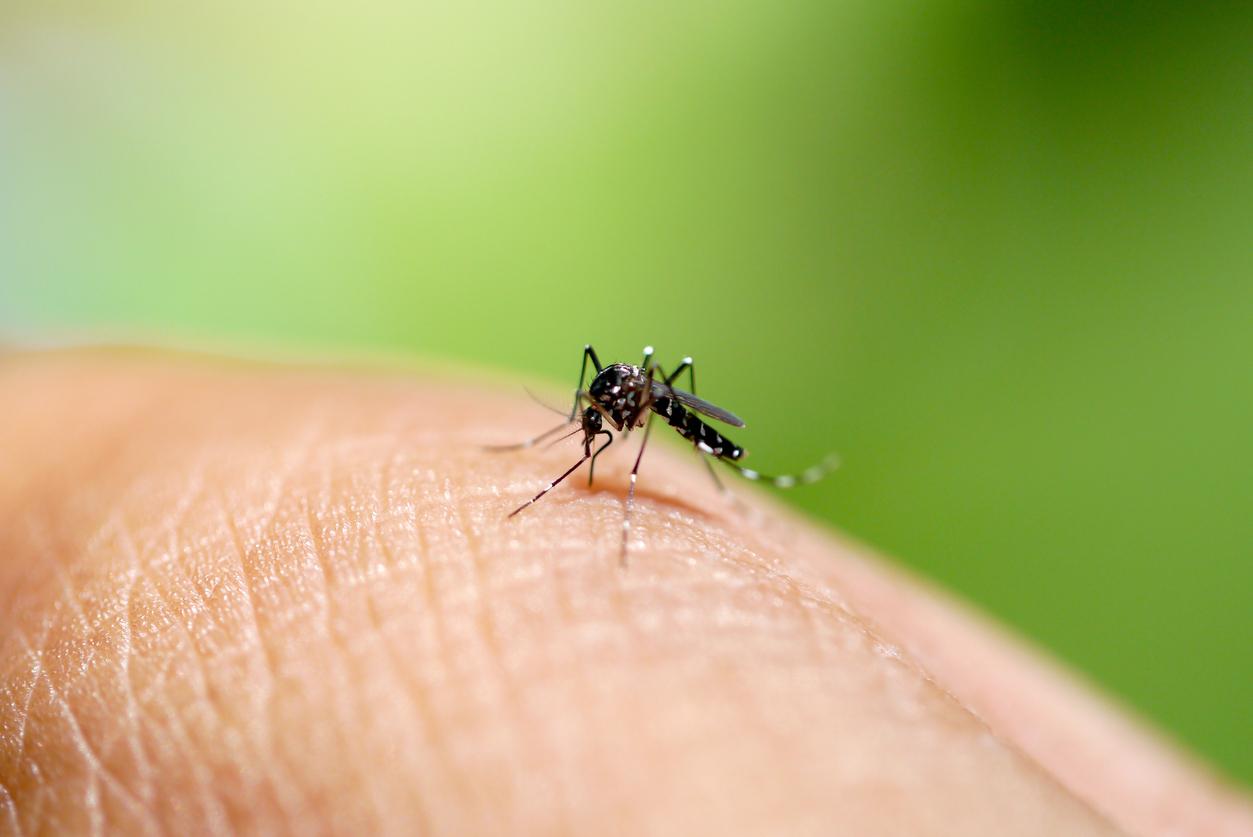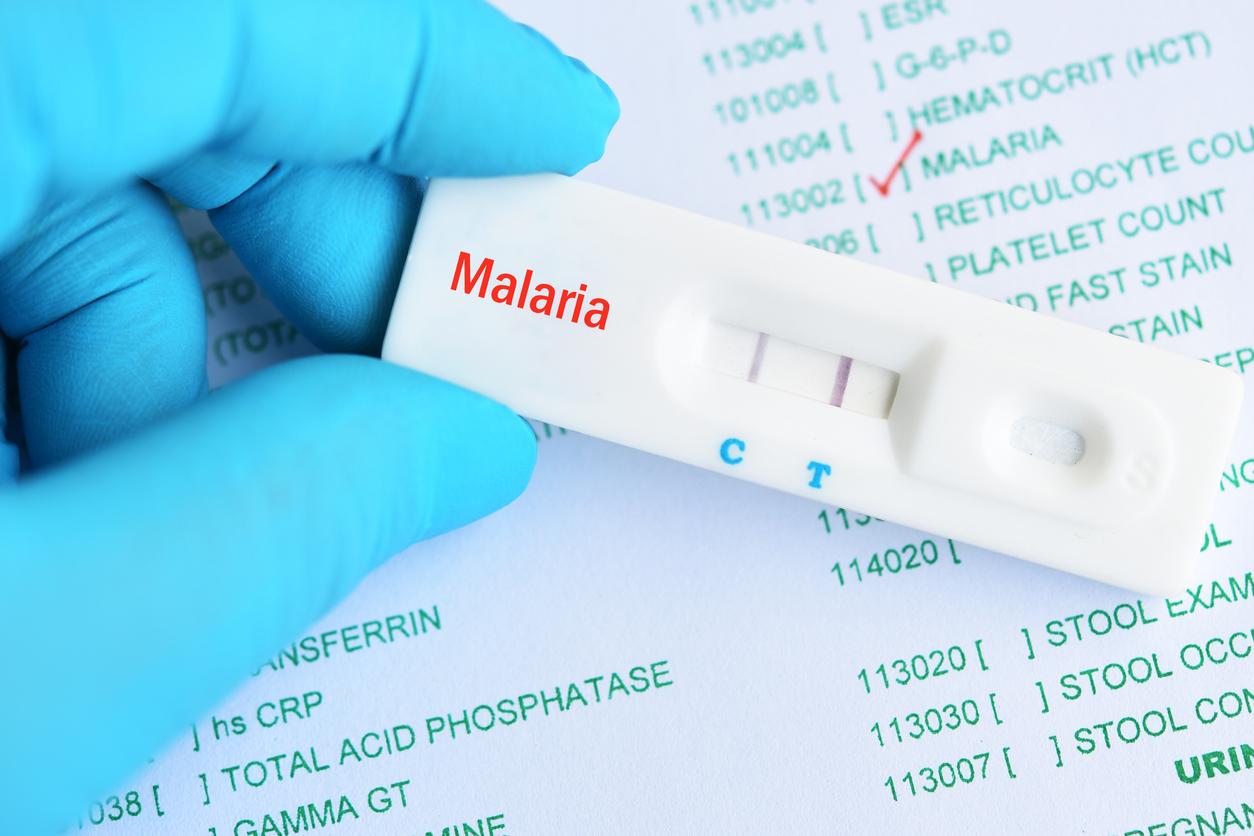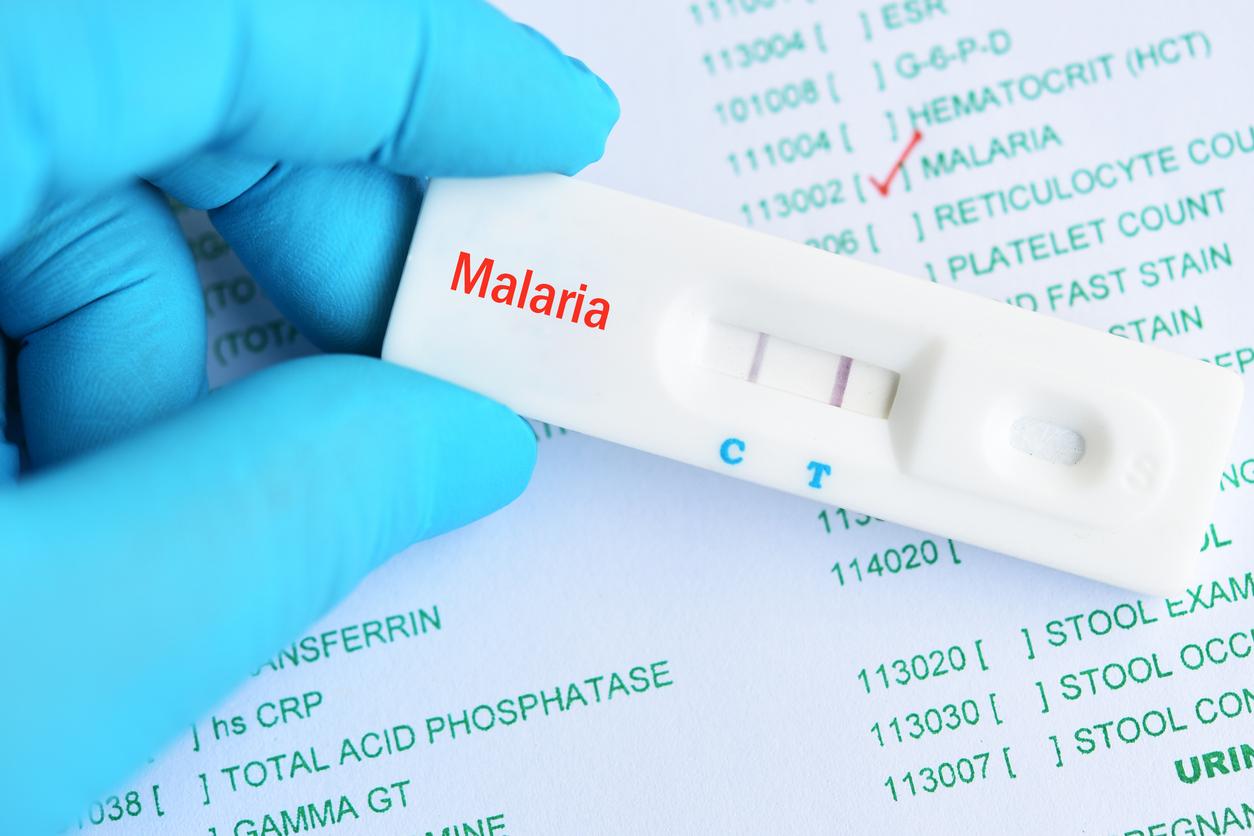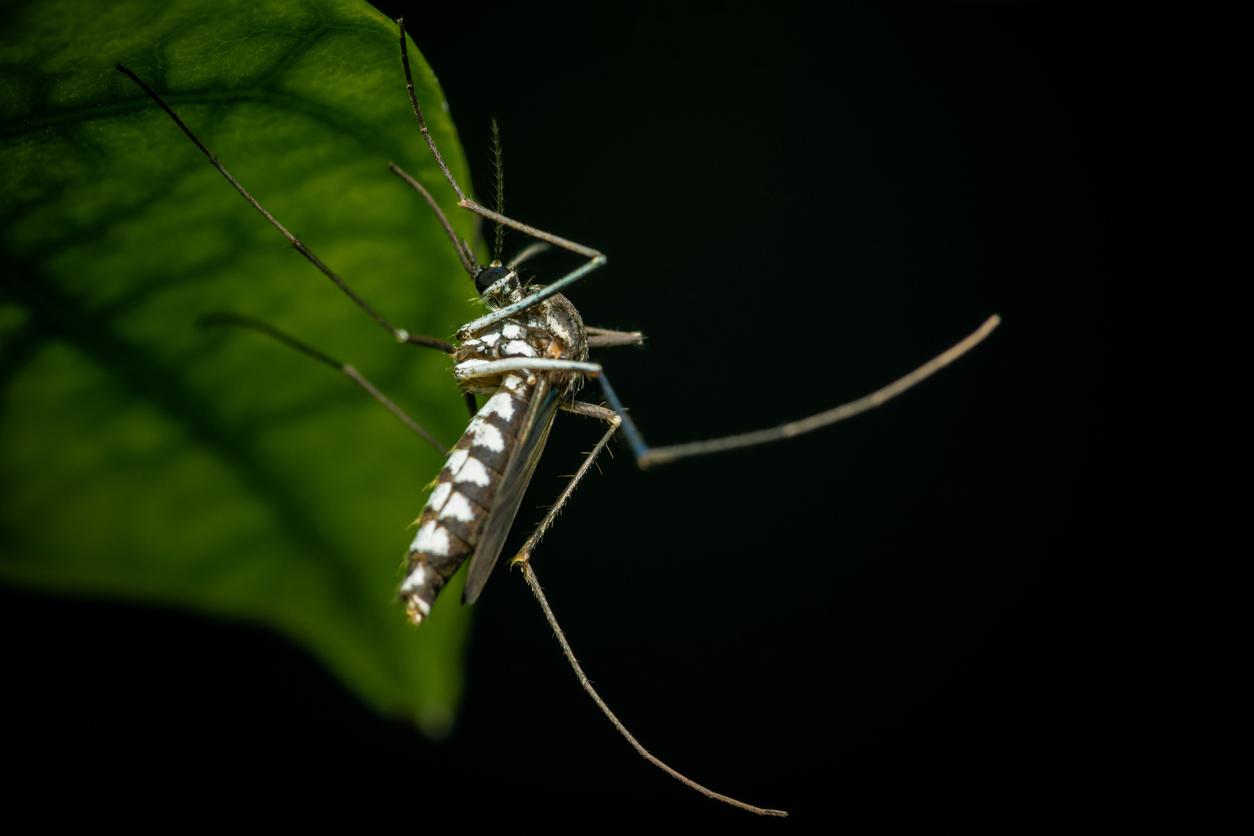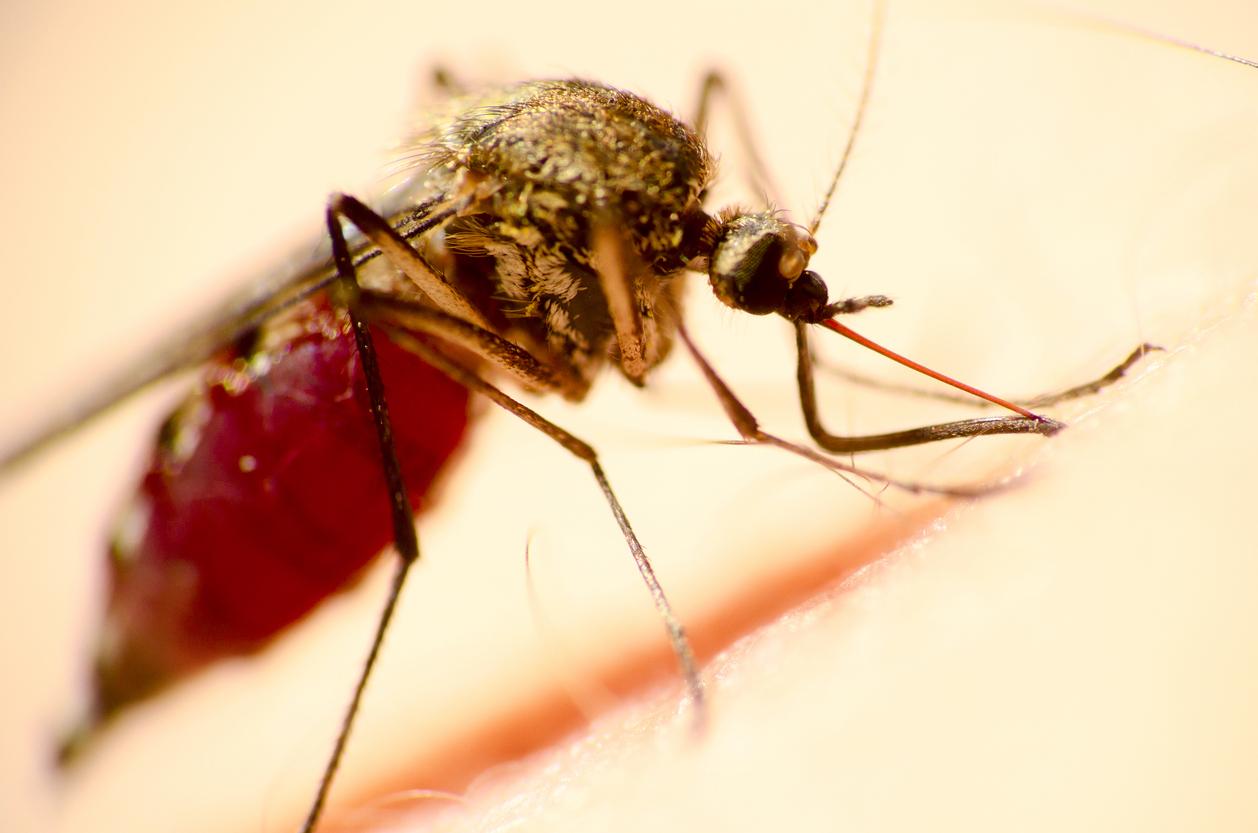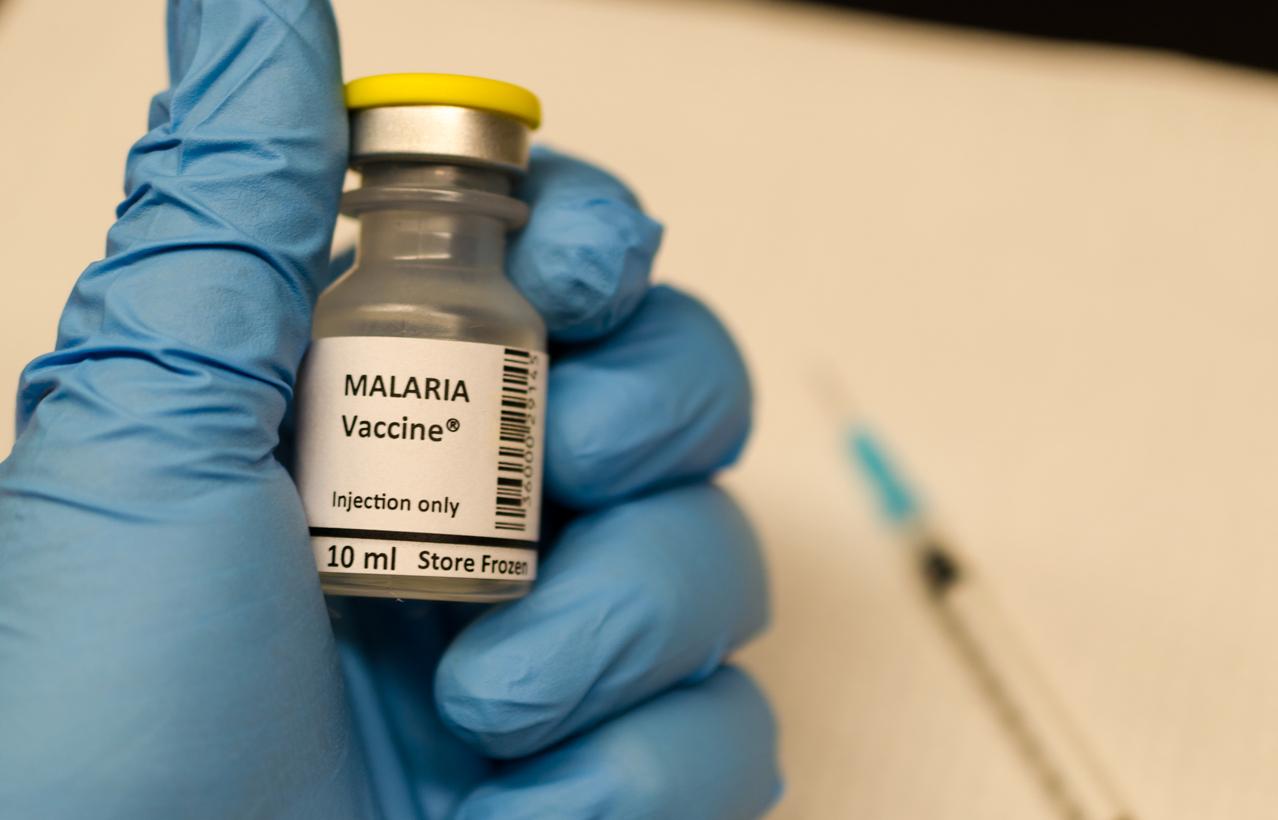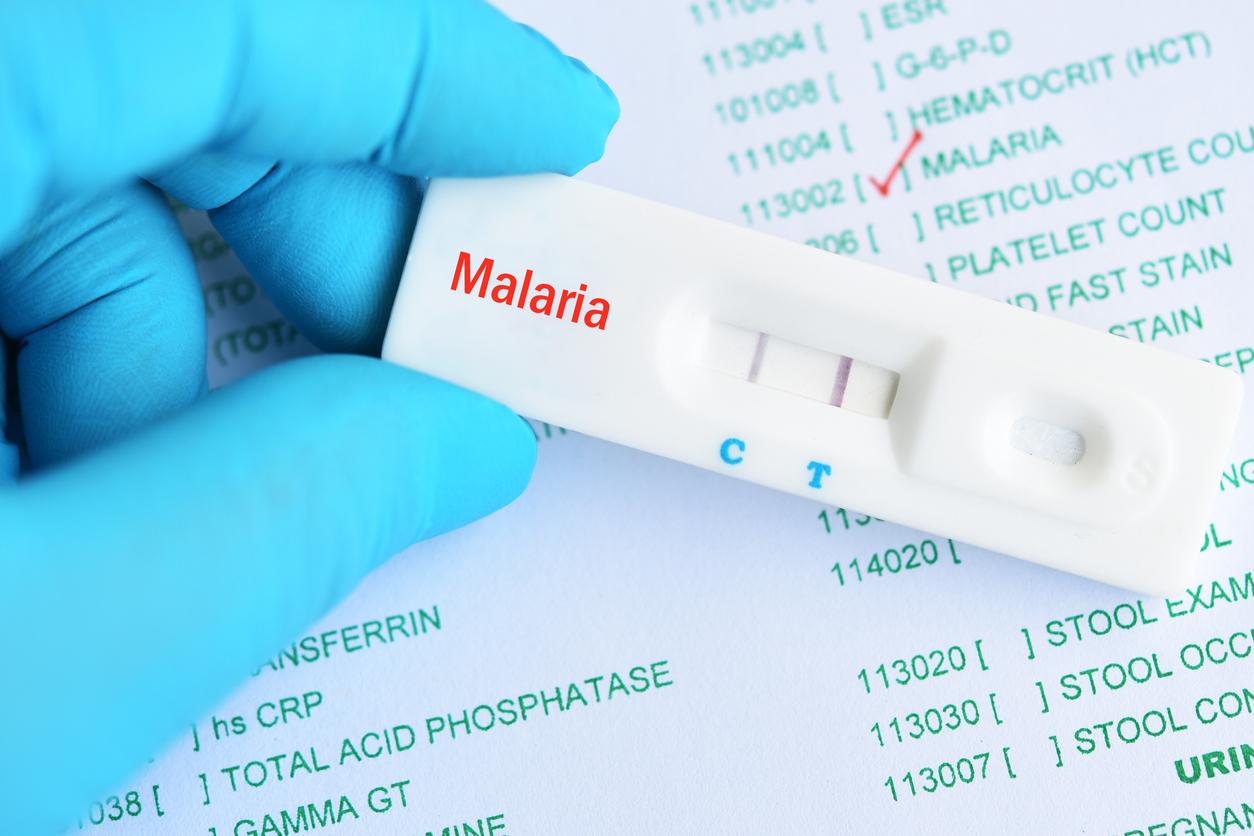Researchers have found that changing a single gene in these mosquitoes alters their resistance to malaria infection.
These findings could make eradication programs for this disease more effective.
The latter carried out their study on the Anopheles gambiae mosquito, the main mosquito that transmits malaria in Africa. They studied how this mosquito resisted a parasite that causes malaria in rodents.
By comparing the genomes of mosquitoes resistant and non-resistant to this infection, the scientists found that the main difference lies on a single chromosome. Among the 975 genes included in the latter, one in particular plays a role in determining a mosquito’s resistance to malaria, a gene called TEP1.
The researchers observed that mosquitoes resistant to this infection had a different form of this gene than those seen in other mosquitoes.
The scientists then produced mosquitoes carrying a TEP1 allele, or different versions of this gene. They also produced mosquitoes carrying a susceptible strain allele. They then “turned off” these different genes, and observed that these mosquitoes show differences in resistance to malaria.
They therefore concluded that a mosquito’s resistance to the parasite largely depends on the form of the TEP1 gene it carries.
Even though this study was carried out with a parasite responsible for malaria in rodents, scientists believe that this gene could also be involved in the immune response of mosquitoes to human malaria.
According to Inserm, malaria affects 250 million people per year, and kills nearly a million people per year, mainly in sub-Saharan Africa,








